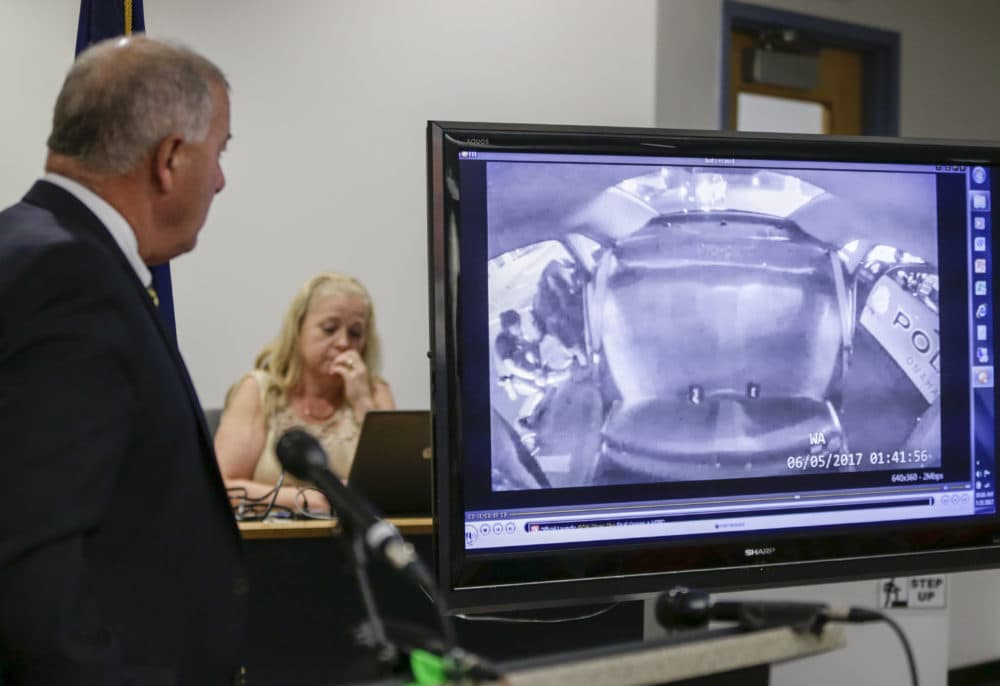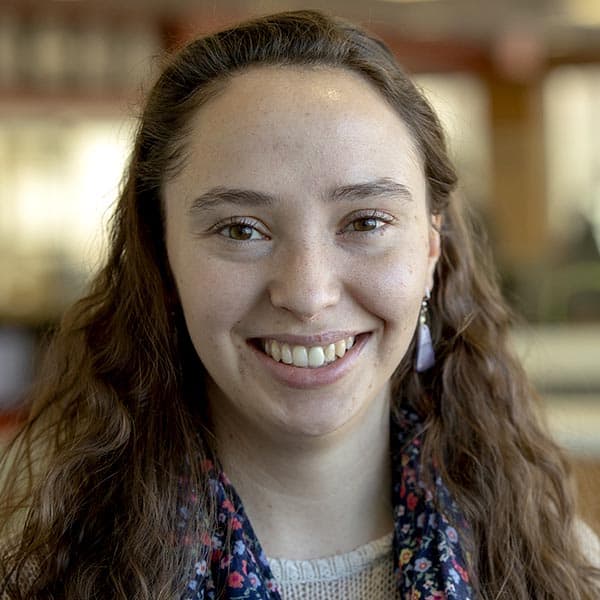Advertisement
Native Activists Seek Justice Department's Help Investigating Indigenous Man's Death In Omaha

The family of Zachary Bearheels, a 29-year-old from the Rosebud Sioux and Kiowa Apache tribes, say he was experiencing a mental health crisis when he died in the custody of Omaha police in 2017.
All four officers involved have been fired by the Omaha Police Department. Activists across Indian Country are asking the U.S. Department of Justice to investigate whether they should be held criminally responsible.
"I watched a clip where they hit this handcuffed man 13 times," activist Frank Lamere from the Winnebago Tribe said earlier this month after charges against an officer who punched Bearheels repeatedly in the head were dropped. "Good god, justice is hard, but it's not that hard."
Another officer who fired his taser at Bearheels 12 times was found not guilty of second-degree assault in December.
Bearheels, who suffered from schizophrenia and bipolar disorder, was unarmed when police approached him.
"He was brutally tased and beat to death by the very people who were supposed to be administering aid and crisis management to him," Bearheels' sister Adrianne Chalepah told Here & Now's Peter O'Dowd. "He needed very badly for a professional to intervene and get him to safety."
Interview Highlights
On her relationship with Bearheels
"Well, technically as most people understand it, we're first cousins. But in our tribe, the Kiowa Tribe, we don't have a word for 'cousin.' All the cousins are looked at as siblings. And so culturally we grew up as brother and sister ... we grew up together since we were babies."
"Here is someone saying, 'We failed,' and it honestly feels like, 'Oops, we messed up on the job,' as if they work at a fast food place and they messed up an order or something."
Adrianne Chalepah
On the "erratic behavior" that officers were responding to
"To my knowledge all he was doing was talking to himself and licking windows and doing the very things that he would do if he was having a crisis. ... His behavior is what was emphasized in the court with the first officer who was tried for assault, which I felt was very disturbing because the officer didn't have schizophrenia or any other mental disease. So I don't understand why Zach's behavior was such an issue when he was sick. You know, you would not become so critical of someone who has cancer and was in need of a doctor. But at the same time, for those who understand schizophrenia, there's nothing odd about talking to yourself when you have that condition."
On whether she takes comfort in the Omaha police chief's admission
"No, it hurts even more, because here is someone saying, 'We failed,' and it honestly feels like, 'Oops, we messed up on the job,' as if they work at a fast food place and they messed up an order or something. What happens, though? You can't mess up on the job and take someone's life. We can't live in a world where it's that dangerous."
On why stories of Native people being killed by police rarely break through the mainstream news cycle
"Because Native people in this country are completely ignored and dehumanized. You know when it comes to mascots and media and Hollywood, we're oftentimes portrayed as being people of the past, not as current living human beings. I don't think that this country even factors us in when talking about any of these issues in our country. Which is very hurtful because we have right now the highest rate of death by police in this country than any other group. And so the fact that we don't have very much attention on it is very disheartening."
Savannah Maher produced this interview, edited it for broadcast with Kathleen McKenna and adapted it for the web.
This segment aired on March 12, 2019.

